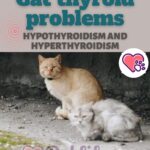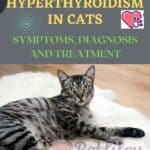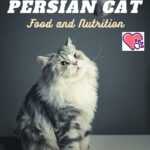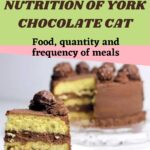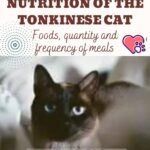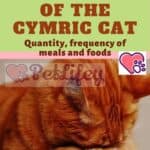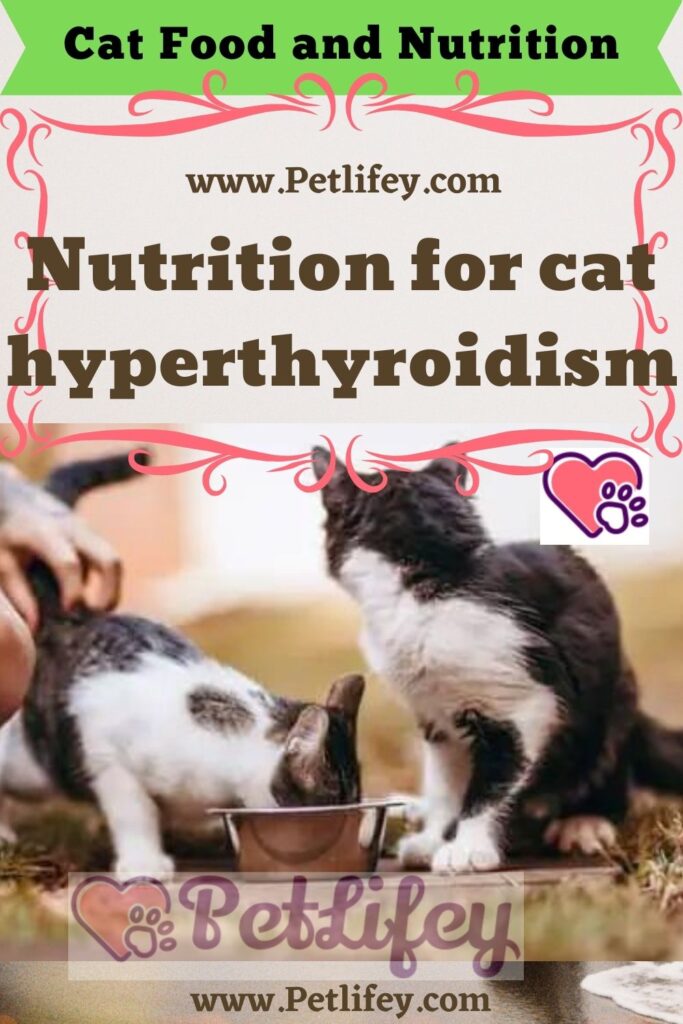
There is a treatment for cat hyperthyroidism. His health, his happy life depends on his owner, as among the various treatments provided there is nutrition for cat’s hyperthyroidism.
Hyperthyroidism is the most common hormonal disease in older cats (from 10 years of age). Hyperthyroidism, also known as thyrotoxicosis, is a disorder caused by the excessive production of thyroid hormones T3 and T4, hyperplasia (overdevelopment) of the thyroid.
Cat thyroid cancer can also be the cause of the disease (usually a slow-developing adenocarcinoma with rare metastases), but this is much less common: in 1-2% of cases.
Treatment of hyperthyroidism in cats
Since hyperthyroidism is a disease of the elderly cat, it is possible that the latter also suffers from chronic kidney failure: a kidney failure that no longer filters the blood properly. Nonetheless, kidney disease is compensated for by hyperthyroidism and therefore masked.
Not all cats react to treatment in the same way, some cats resist medication, others may be refractory to treatment. We can therefore consider different treatments for our cat, for example:
- Radioactive iodine therapy
- An anti-thyroid drug, such as methimazole
- Nutrition for cat hyperthyroidism.
- Thyroidectomy (largely replaced by radioactive iodine therapy)
The aim of the treatments is to lower the levels of thyroid hormones in the body. Together with your veterinarian, it will be possible to determine what type of treatment is compatible for your cat. However, whichever method you use, feeding cat hyperthyroidism can be a key part of treatment.
Although, the most used treatment in hyperthyroidism in older cats are synthetic antithyroid drugs, which stop the production of thyroid hormone by the thyroid gland and is available to all veterinarians in liquid or solid form to be applied after the diagnosis of the disorder.
It must be administered twice a day and it takes 3 to 4 weeks to achieve a therapeutic effect. Blood tests will be done regularly by your vet to adjust the dose of the drug. In 1 out of 10 cases side effects are observed: itching of the face and neck, anorexia, depression and vomiting of the cat.
The recommended diet foods are therapeutic foods and are compatible with the needs of the cat with hyperthyroidism. A therapeutic food is an integral part of your cat’s treatment. They are prescribed by the vet who will have previously diagnosed this disease.
Depending on the stage of hyperthyroidism that the vet will have established through further tests , therapeutic cat feeding can have a certain impact on the cat’s well-being. Thus arises the need to strictly follow the veterinarian’s instructions. A dietary transition is required, so the hyperthyroid cat from the start of treatment should be fed only therapeutic food.
The vet will be able to prescribe a therapeutic food which will be an alternative to the more restrictive drug treatment. This dietary food is very low in iodine and will allow to regulate hormone secretion by preventing the production of thyroxine. Indeed, the aim is to deprive the thyroid gland of its contribution in such a way that it will no longer be able to produce.
In this way the hormone levels are then controlled, as well as the symptoms. Attention, since food is used only as a treat (the recommended amount of food for the cat is calculated based on the weight of the cat), it is essential that the cat does not eat anything else. Food against hyperthyroidism is usually reserved for cats indoors because these animals are unlikely to hunt and consume prey outside of meals.
In addition, it is advisable to make a transition period of at least two weeks with the previous food to gradually accustom the cat. Generally, treatment foods are in kibble or pate and their iodine content is limited to help normalize iodine levels in the cat’s body. In addition, there must be a controlled intake of phosphorus and sodium to support kidney function and a high content of omega 3 which contributes to the good health of the cat’s kidneys.
Specific feed ingredients for cat hyperthyroidism
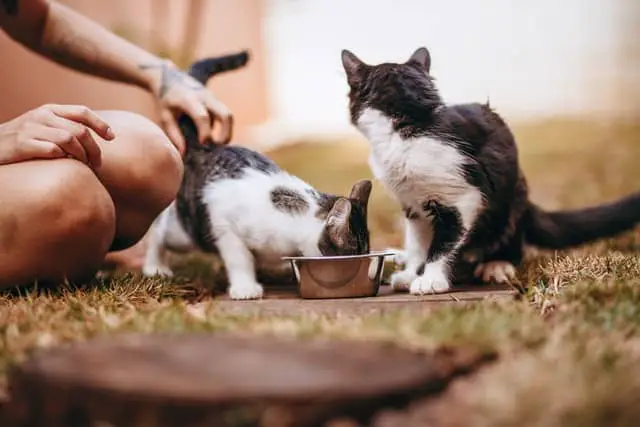
– Corn gluten meal croquettes
, corn, animal fats, whole egg powder, linseed, L-lysine, hydrolyzate, minerals, fish oil, DL-methionine, L-carnitine, rice, taurine, vitamins and trace elements.
– Tins:water, liver, pork, chicken, corn, rice, animal fat, vitamins, hydrolyzate, cellulose, minerals, trace elements, fish oil, L-carnitine.

